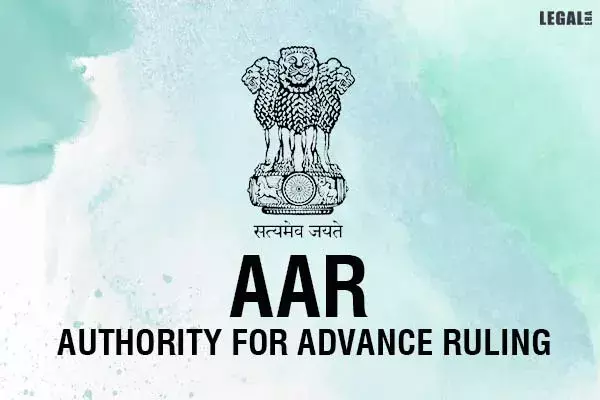E-commerce Operator Exempt from GST on Third-Party Ride-Hailing: Karnataka AAR
The Karnataka bench of the Authority for Advance Rulings (AAR) had determined that M/s. Juspay Technologies Pvt. Ltd.;

E-commerce Operator Exempt from GST on Third-Party Ride-Hailing: Karnataka AAR
The Karnataka bench of the Authority for Advance Rulings (AAR) had determined that M/s. Juspay Technologies Pvt. Ltd. (the applicant), an e-commerce operator, was not obligated to gather and forward GST on ride-hailing services offered by third parties.
In the aforementioned case, the applicant functioned as a technology services provider, facilitating connections between merchants and payment aggregators and gateways. Additionally, they introduced the ‘Namma Yatri’ app on the ONDC platform, offering a ride-hailing Software as a Service (SaaS) platform tailored specifically for the auto-rickshaw community in Bengaluru. The applicant had submitted a request for an advance ruling to ascertain their classification as an ‘e-commerce’ operator under the Central Goods and Services Tax Act (CGST Act) and Notification No 17/2017. Furthermore, they sought clarification regarding the nature of supply under Section 9(5). Their inquiry revolved around whether services provided by service providers to their customers through the ‘Namma Yatri’ app constituted supplies by the applicant and whether the applicant bore the responsibility for collecting and remitting GST on these services.
The two-member AAR bench consisting of M.P. Ravi Prasad (representing the State) and T. Kiran Reddy (representing the Central authority) noted that an Electronic Commerce Operator (ECO) refers to any individual who possessed, operated, or oversaw a digital or electronic infrastructure or platform designed for electronic commerce, encompassing the provision of goods, services, or digital products via a digital or electronic network. In the present case, the applicant possessed a digital platform in the form of the ‘Namma Yatri’ app for delivering services. Consequently, the applicant unambiguously met the criteria and could be classified as an Electronic Commerce Operator.
The bench, however, clarified that the applicant, owing to their distinctive business model, primarily acted as a facilitator in connecting the auto driver with the passenger. Their involvement ceased once this connection was established. They did not manage the payment collection process, exert control over the actual delivery of the service by the service provider, retain information about the specifics of the ride, nor operate a control room or call centre.
Furthermore, the bench observed that the provision of services occurred independently of the applicant, and the applicant’s role was limited to identifying the service provider without assuming any responsibility for the operational aspects or the successful completion of the ride. Consequently, it was determined that the supply of services did not transpire through the electronic commerce operator but, instead, took place independently.
As a result, the ruling established that the applicant fell within the definition of an e-commerce operator but did not align with the nature of supply as defined in Section 9(5) of the CGST Act, in conjunction with notification No. 17/2017 dated June 28, 2017. The supply made by the service provider (the individual who subscribed to Namma Yatri) to their customers (who were also subscribers to Namma Yatri) through the applicant’s computer application did not constitute a supply by the applicant. Consequently, the applicant was not obliged to collect and remit GST on the services provided by the service provider to their customers through the applicant’s computer application.


